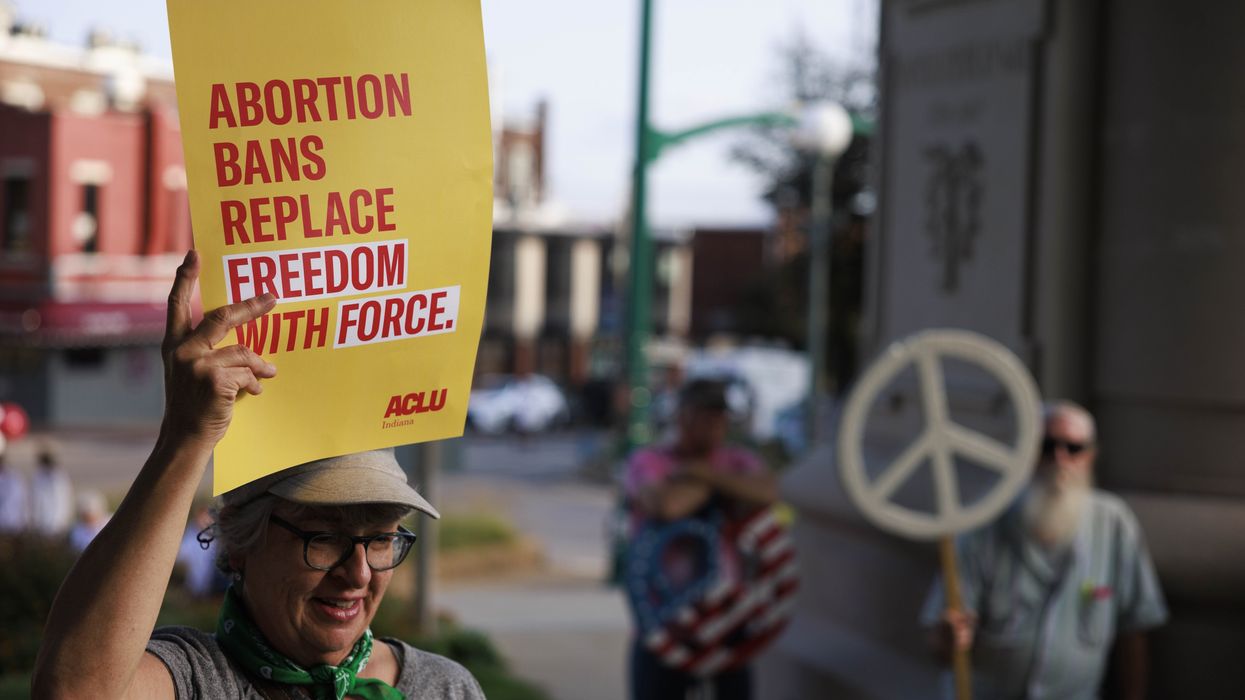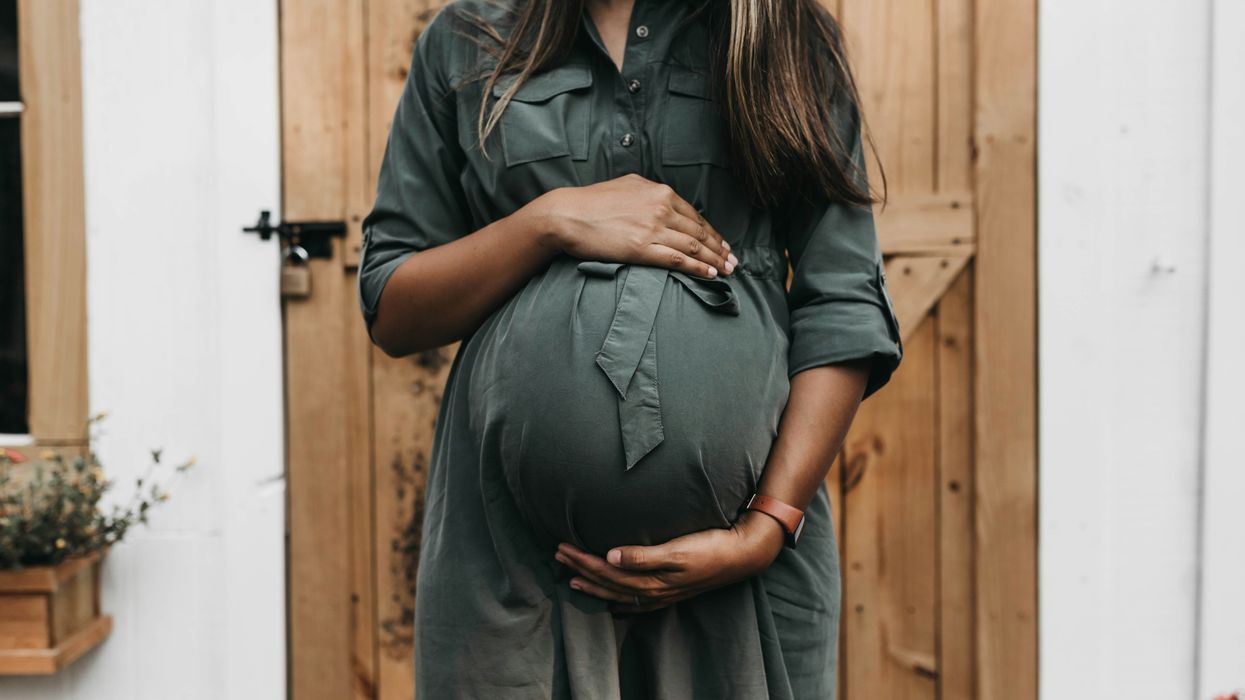When it Comes to Women’s Health, The Trump Admin’s Hypocrisy is on Full Display
President Donald Trump and his cronies are peddling lies about abortion care while touting their farce advancements for women’s health.
Earlier this month, Food and Drug Administration Commissioner Marty Makary and Secretary of Health and Human Services Robert F. Kennedy Jr. made an announcement regarding the removal of broad “black box” warnings from Hormone Replacement Therapy products for menopause.
As an OB-GYN PA with more than a decade of experience in reproductive care, I know what decisions women and patients are grappling with when it comes to their health and maternal care. I also know first hand the devastating consequences of denying patients critical care when they need it the most and stripping access to care that’s been proven to be safe and effective after decades of research.
President Donald Trump and his cronies are peddling lies about abortion care while being hypocrites when touting their farce advancements for women’s health. Right now, Trump and his anti-abortion administration are pulling every string possible to ban abortion and that includes banning abortion medication.
Ironically, Commissioner Makary said in a statement that “women and their physicians should make decisions based on data, not fear,” and anti-abortion extremist Kennedy Jr. said that the administration is “returning to evidence-based medicine and giving women control over their health again.”
Contrary to their assertion of trusting research and doctors, right now, the Trump administration is working to roll back access to mifepristone and reproductive care, with Makary and Kennedy Jr. at the helm.
At the press event for this announcement, while responding to a question from a reporter, Makary said that the administration is “sticking with our philosophy that the government is not your doctor.”
So, which is it? Does this administration trust women and patients to consult their physicians for what’s best on making personal medical decisions, or is that only convenient messaging when it’s pushing forward their extreme agenda?
The healthcare crisis in America is a dire one, and yet, the Trump administration continues to play political games and feign ignorance as to how their efforts to ban abortion nationwide will have a catastrophic impact on women and patients across the country.
It has been 25 years since the FDA approved mifepristone, a safe, effective medication that has reshaped abortion care in the US.
Contrary to their assertion of trusting research and doctors, right now, the Trump administration is working to roll back access to mifepristone and reproductive care, with Makary and Kennedy Jr. at the helm.
At the urging of anti-abortion politicians and junk science, the FDA has agreed to revisit its approval of mifepristone, because extremists condemned the FDA approving a generic abortion pill just last month.
We must continue to call out this hypocrisy, because Republicans know that imposing Project 2025’s abortion agenda risks significant political backlash, particularly in battleground states where abortion is either legal or popular. More than 6 in 10 Americans support keeping medication abortion available. Even many Trump voters oppose new restrictions.
Let’s be clear—this administration’s attacks on mifepristone are a national abortion test.
Project 2025, spearheaded by Trump, Kennedy Jr., and Makary, would dismantle access to one of the safest, most widely used medications in the country. Medication abortion accounted for nearly two-thirds of all US abortions in 2023.
Will women and families retain the ability to make private medical decisions—or will patients have their rights ripped away and be forced to jump through unimaginable hoops just to receive care?
If Republicans were actually committed to prioritizing women’s health in their agenda, they would invest in healthcare so expecting mothers across the country have access to the most comprehensive care available, including abortion care.
If Republicans were actually committed to protecting women and advancing medical research, they wouldn’t pull funding from clinics and hospitals dedicated to providing care for women and patients nationwide, especially in rural communities where resources are already sparse.
I’m not buying this feigned effort toward showing allyship toward women, when everything that this administration has done since January has been an assault on women’s health and the care we undoubtedly need. Physicians and providers like me spend years in schooling and training so we can provide the best care to our communities, and yet this administration undermines those years of dedication and expertise to appease an extreme anti-abortion minority.
If Trump, Makary, and Kennedy Jr. want to walk the walk in advancing women’s healthcare, they should start with looking at themselves and acknowledging the harm that they are doing across the country to the detriment of the American people.
Lives are at stake, and we are waiting for them to mean what they say.



